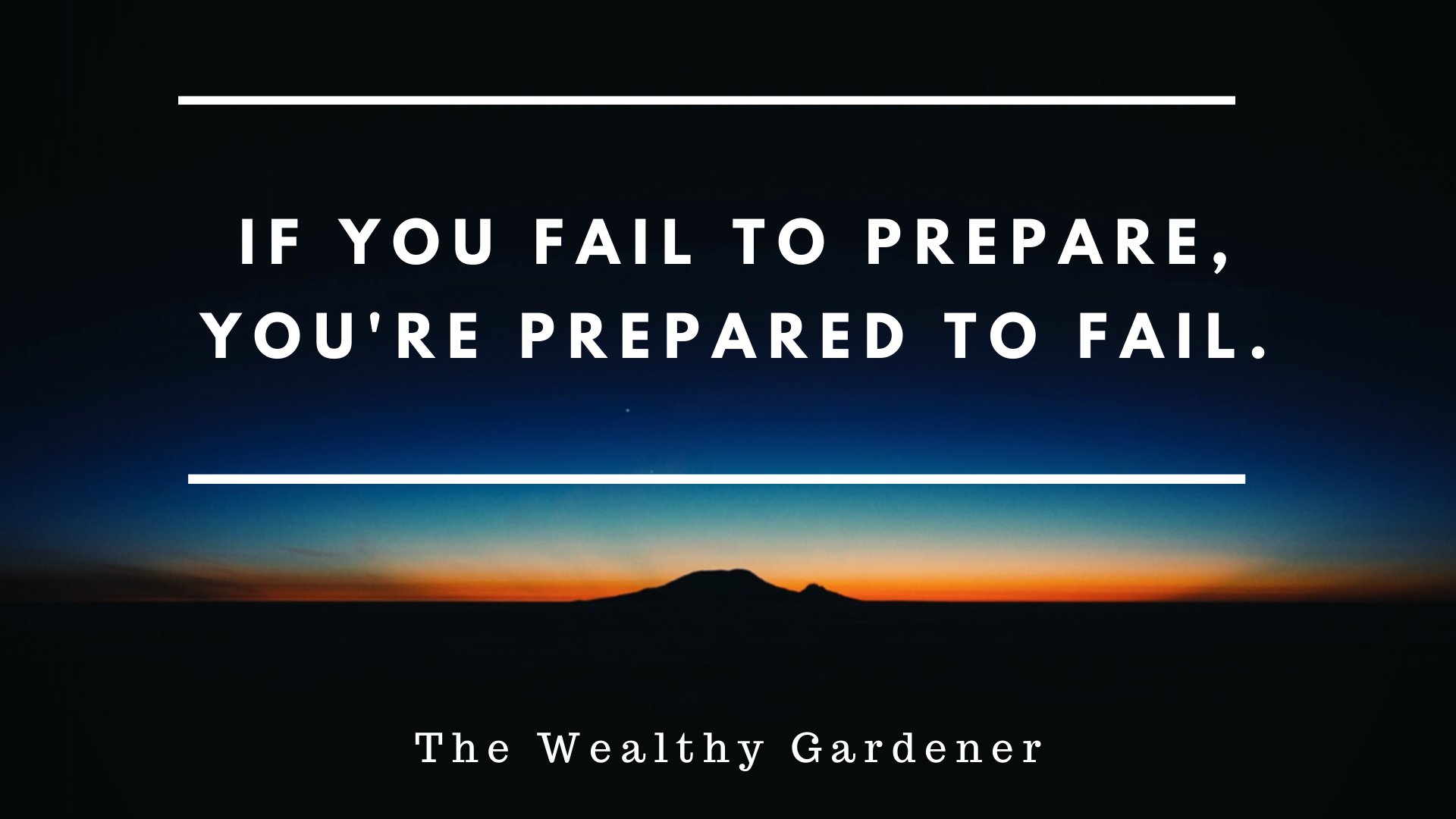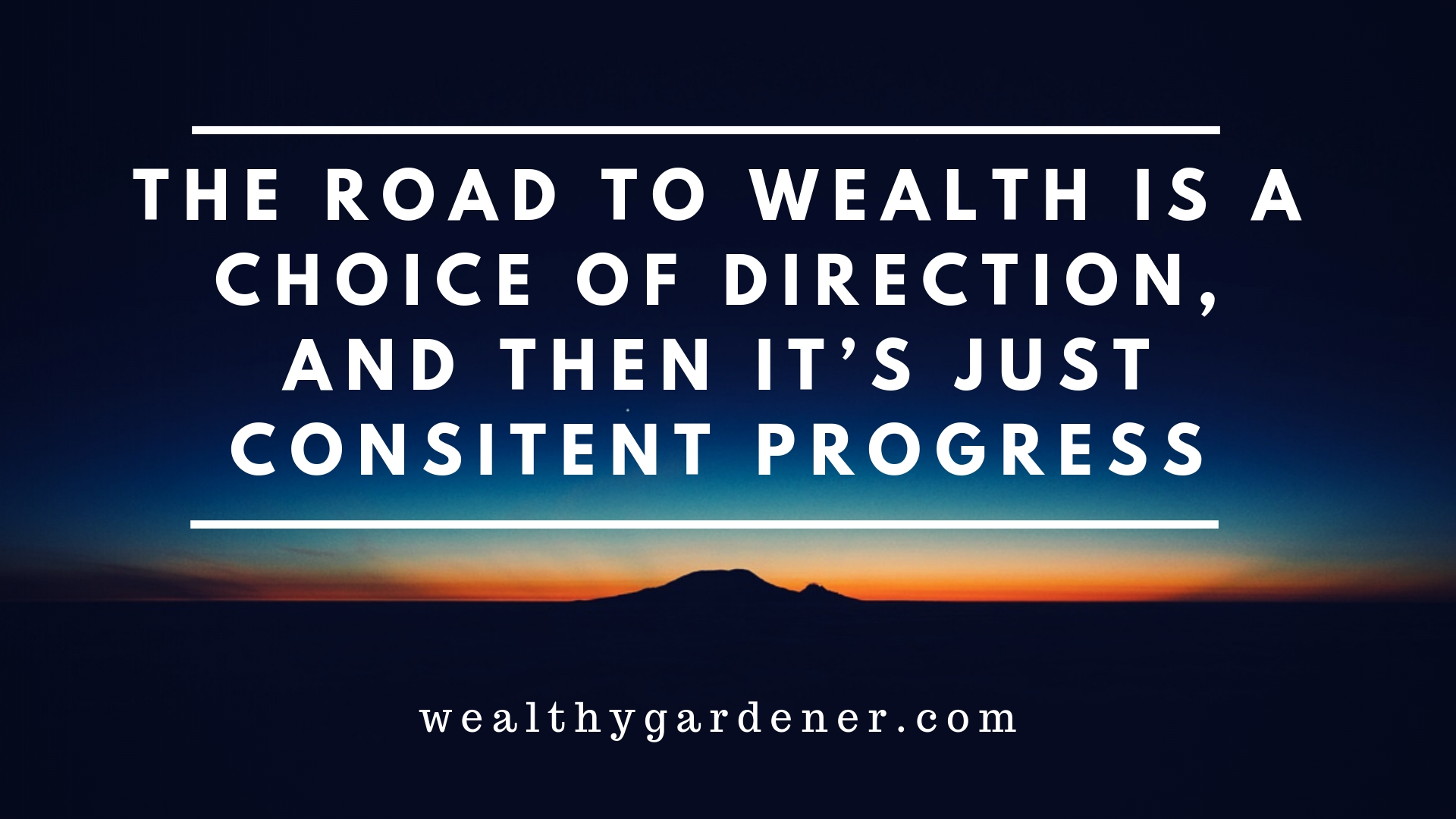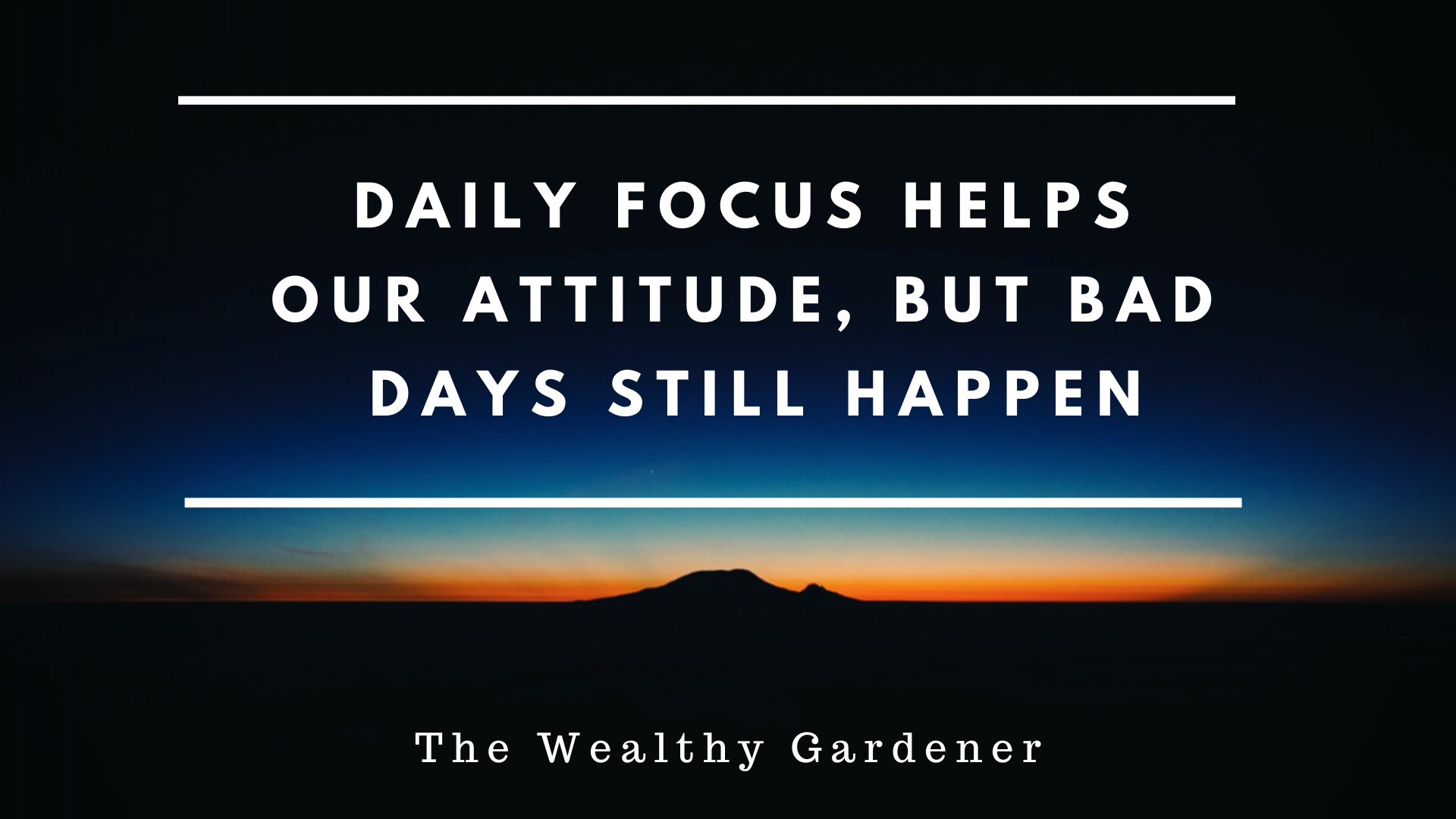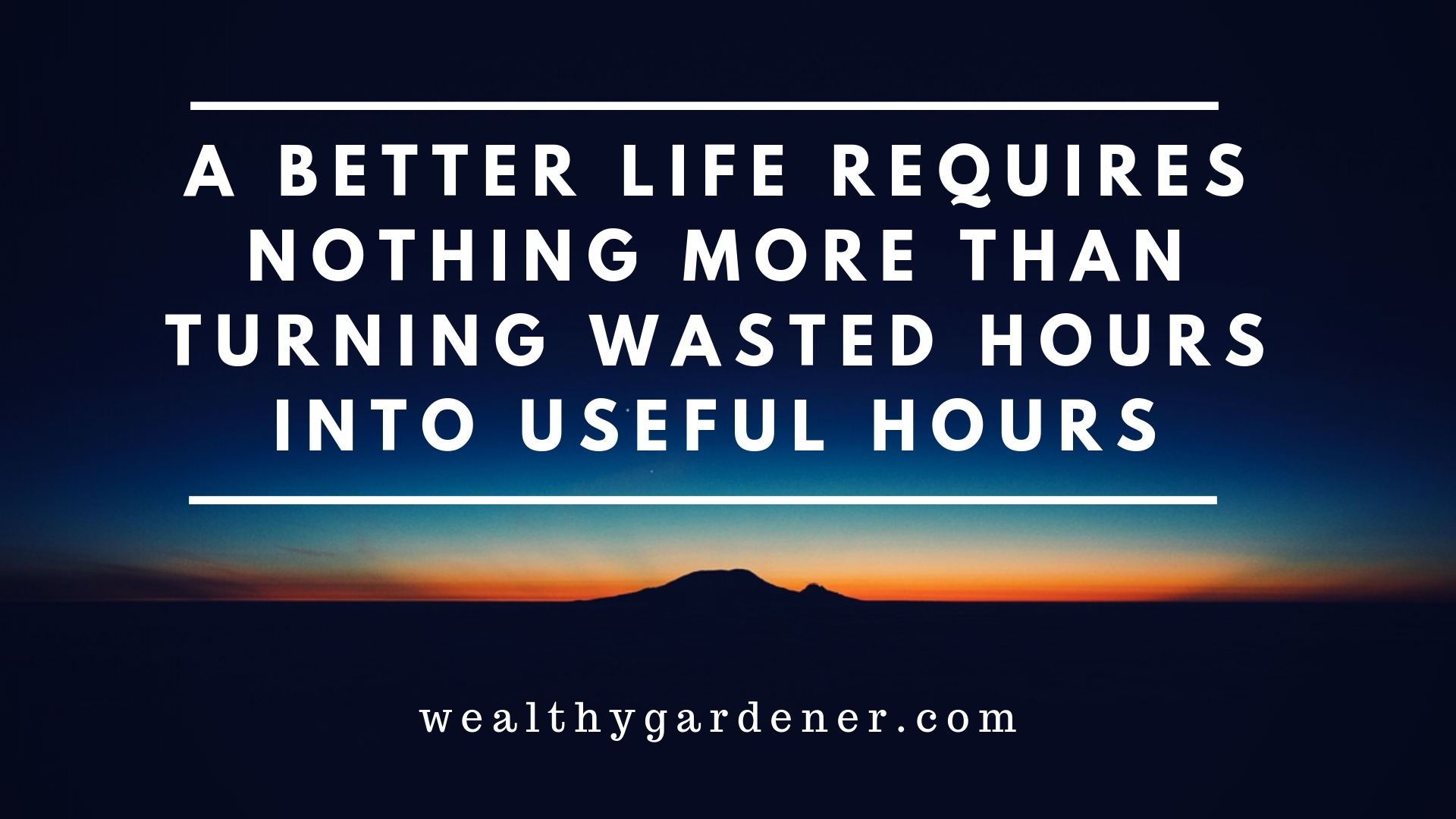
The prosperous life is a productive life. Those who choose prosperity are willing to work and sacrifice, face daily challenges, and serve a cause more important than comfort.
There was once a warrior who was drawn into a battle. The odds were against him, he realized, since nobody he knew had ever won this battle. People started the fight but rarely finished it. They stood up to an opponent, but they eventually retreated to comfort.
A good start without a strong finish is wasted effort, he decided. But how could he ensure a strong finish in a battle that had toppled most others? He knew that his own belief in the war cause was vital to sustain his resolve. What purpose was he fighting for?
To this end, the warrior thought long and hard about the threat of his enemy. This enemy caused him nonstop worry. The enemy posed a threat to his survival. The enemy wanted to steal from his life, to cause him vulnerability, and to limit future opportunities of his family. He faced these threats and became convinced that it was his duty to fight.
And so day after day, long before the start of the struggle, the warrior set out to shape his mind. He reaffirmed his deepest causes for the fight. He impressed upon his mind the consequences of not fighting. He thought of his future, his children’s future, and the regrets he’d later face in life if he failed to sacrifice for a worthy cause.
The warrior had a clear vision of outcome, and he strengthened this goal by describing it in words on paper, and then reading the words daily with emotion. He privately resorted to chants-spoken words of affirmations-to invoke an Unseen Power to aid him in battle. The warrior gained clarity before the fight of what he wanted most and why he wanted it.
And day after day, he told himself he could win. He repeated it until he believed it. He spoke it aloud since no one else was saying it. And then he repeated it during his long battle.
The warrior understood one thing that those before him had failed to realize: namely, that few victories occur in this world without an initial victory in the mind of a warrior.
“Victorious warriors win first and then go to war, while defeated warriors go to war first and then seek to win.” ––Sun Tzu.











